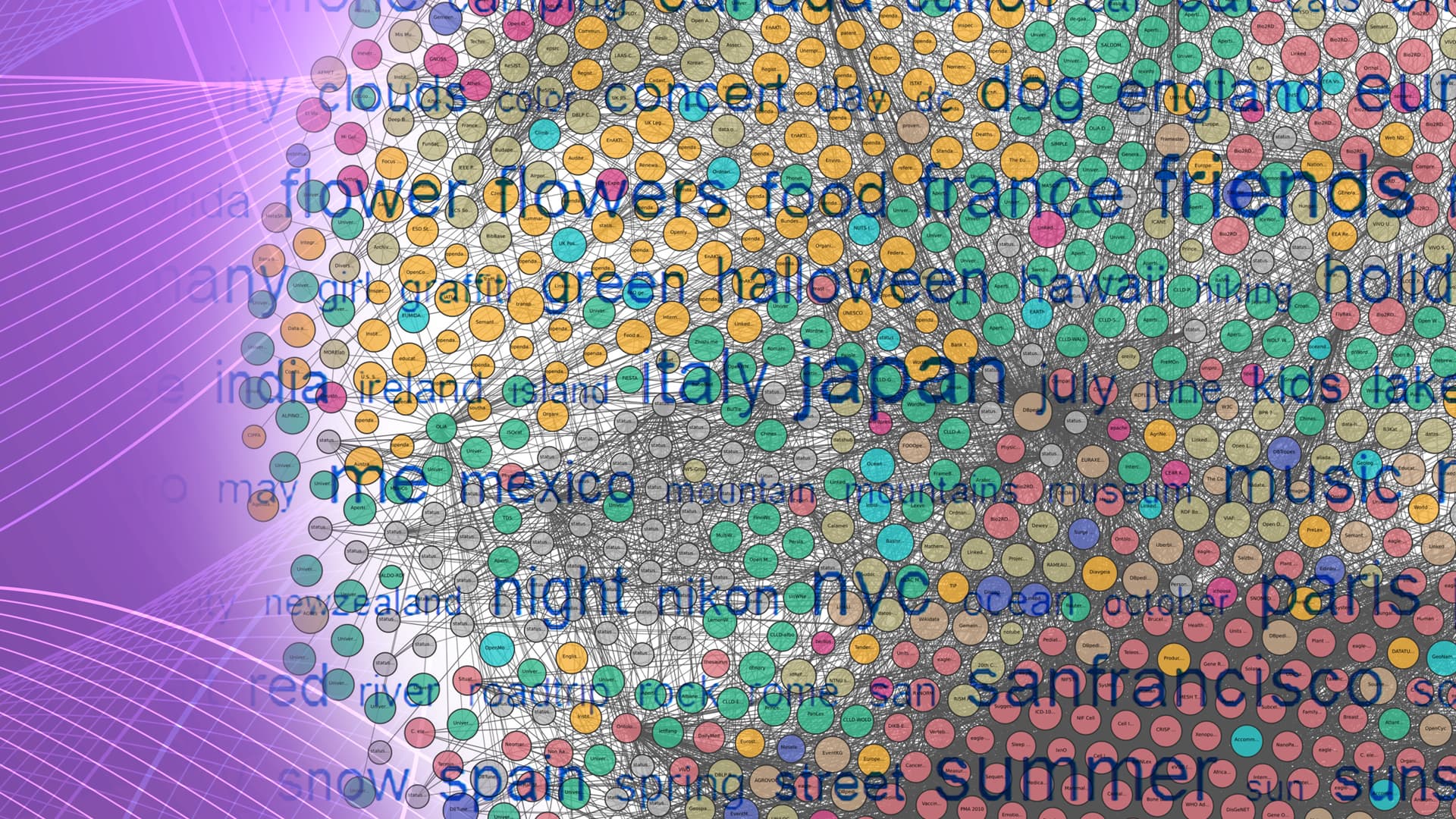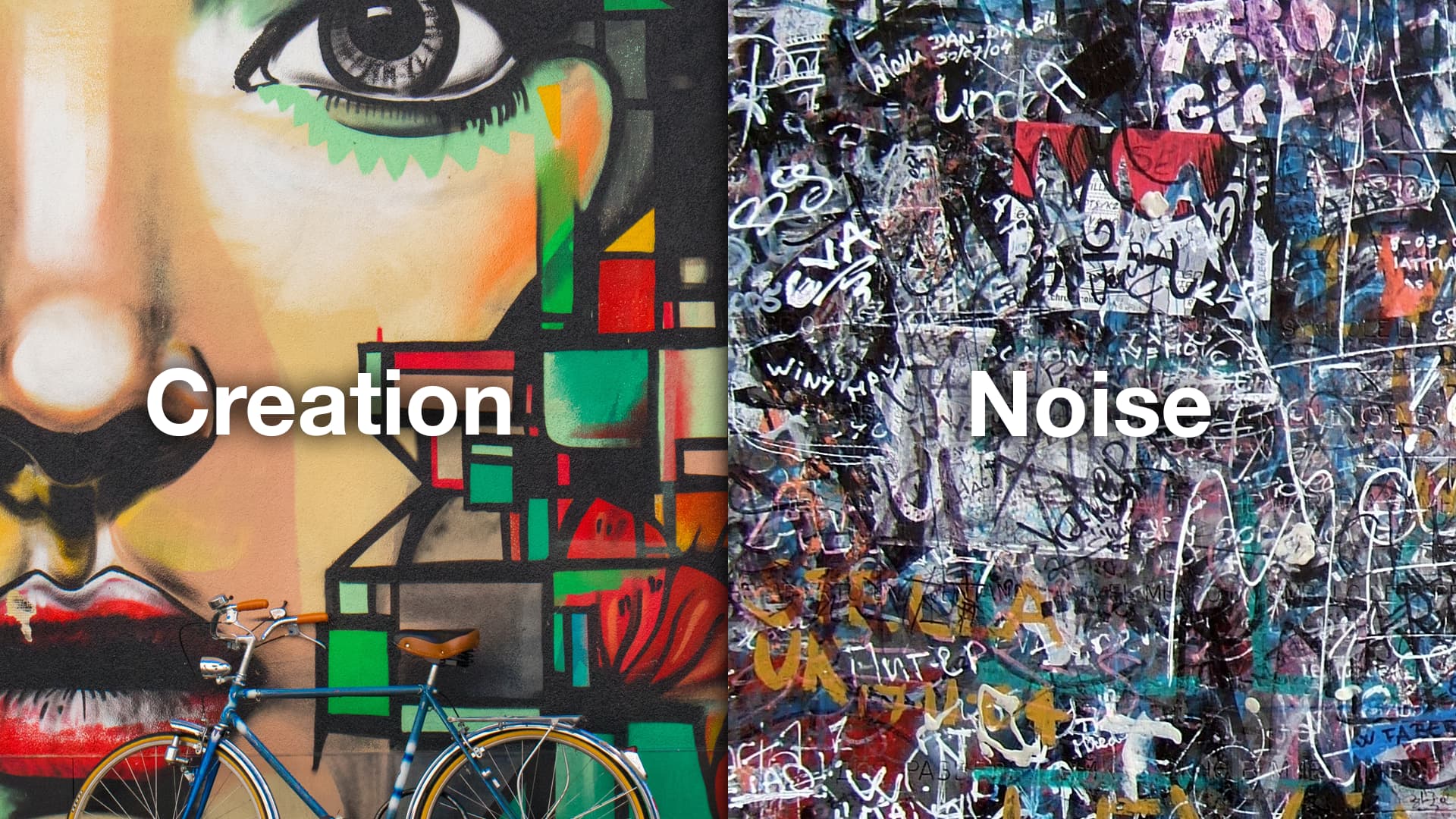Ontologies/Knowledge Sharing
Topics:
PAGE
Hypermail

Hypermail One of the first integrations of the Web with email, Hypermail turns standard mailing lists into published Web accounts and institutional records of conversations. This allows the product of collaboration, the email conversations where people hash out ideas and make decisions, to be a source of knowledge. In the early days of the Web,…
Topics:
PAGE
Ontologies

Ontologies, Semantic Web and Knowledge Sharing Technology In the early 1990s when Tom was a researcher at Stanford University, a group of AI research groups got together to pave a road to bring AI out of the lab and into the mainstream. Their goal: define a standard architecture stack for allowing intelligent systems to interoperate…
Topics:

Collective Knowledge Systems: Learning from Everyone Who’s Been There, Done That The dawn of the Web (Web 1.0) revolutionized publishing and content consumption, with the Web browser as the universal interface to publishing and ecommerce sites. But production power still resided with publishers, with consumers as passive recipients. After the dot-com collapse, the consumer became…
Topics:

Collaborative Knowledge Management: Intelligent Organizations That Learn Tom has always been interested in collective intelligence, particularly in how technology can help people get smarter together. His first company, Intraspect, was an attempt to do this for the enterprise. The problem is simple yet gnarly: Human intelligence doesn’t naturally scale past groups of the size that…
Topics:
Presentation
Grande Challenges for Ontology Design

Why bother with ontology design, particularly when it involves the trouble of collaborating with other people and their peculiar ideas? How does one guide a design process with any kind of objective notion of a Good Result? I think that if we do not start from this question, we are wasting our time. Outside the…
Topics:
Presentation
TagOntology – A Way to Agree on the Semantics of Tagging Data

Presentation at Tag Camp, proposing an approach and straw man for defining and ontology that would enable the exchange of tag data and the building of tagging systems that can compositionally interact with other systems.
End of content
End of content



